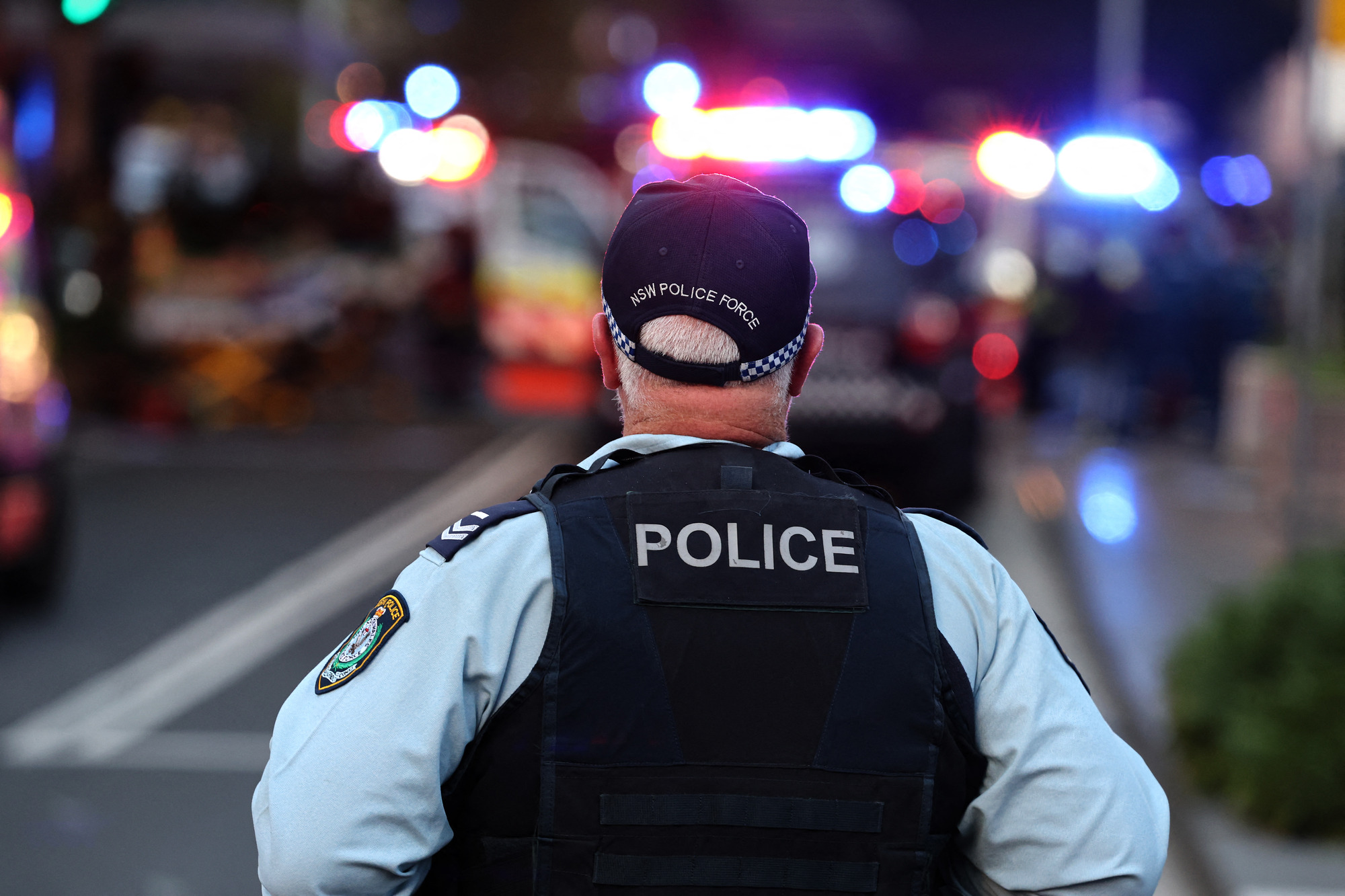When is a terrorist not a terrorist? The answer, it seems, is when he targets women.
On Saturday, a 40-year-old attacker walked into a suburban shopping centre in Sydney carrying a 30-centimetre blade. He stabbed five women and one man to death and injured 12 others, including a baby. The barbaric acts took only minutes, yet the survivors and onlookers will bear the psychological scars for years to come.
However distasteful public speculation about his crimes might seem, it is of course a natural human reaction to ask what could drive someone to such depths. Some assumed, perhaps not unreasonably, that the knifeman was an Islamist terrorist; this was quickly shared and spread online before the truth had got its trainers on. In fact, the killer was later identified as a man named Joel Cauchi. Any political or ideological motivation was discarded as senior police officers said they were investigating the possibility the attacker had focused on women.
“It’s obvious to me; it’s obvious to detectives that seems to be an area of interest that the offender had focused on women and avoided the men,” New South Wales state Police Commissioner Karen Webb told the Australian Broadcasting Corporation. “The videos speak for themselves, don’t they?” she added.
There was one man killed by Cauchi, a 30-year-old Pakistani refugee named Faraz Tahir who bravely stepped in to intervene. But watching the footage it is hard to disagree with the inspector: Cauchi’s targets were clearly women.
Now that the Islamist angle has been dismissed, don’t expect this tragedy to be treated with as much urgency. Cauchi wasn’t a terrorist, he had acted alone, and he was just a run-of-the-mill misogynist. Those who had assumed he was an Islamist were accused of racism. It instead turned out he was just a woman-hating maniac.
As his understandably distraught father told journalists outside his house, his son “wanted a girlfriend, he had no social skills, and he was frustrated out of his brain”.
At this juncture, it seems fair to ask why hatred of women isn’t considered political. And why is misogyny not recognised as an ideological threat to females? Had Cauchi been a white supremacist and his victims black, the crimes would be instantly recognised as racist. Similarly, had he chanted “Allahu Akbar” before the stabbings, his actions would be recognised as terrorist. But because his murderous frustration was aimed at women, it is “poor mental health” that has been blamed.
The definition of terrorism in Australian law is “an act or threat intended to […] advance a political, ideological or religious cause” by violent means. Yet across the world, terrorist attacks are rare, whereas men’s violence against women is so common as to be regarded as sad but inevitable.
Misogyny, it seems, is deemed an internal state rather than a political one. As such, it is neatly bracketed as an individualised problem for psychologists rather than police or policymakers. It’s darkly telling that the murders of women don’t provoke panicked government meetings, nor do they appear to warrant investigation by the intelligence services.
Uneasy though it might be to acknowledge, men’s abuse of women is systemic. And to downplay the violent actions of men like Cauchi is to normalise the unconscionable.











Join the discussion
Join like minded readers that support our journalism by becoming a paid subscriber
To join the discussion in the comments, become a paid subscriber.
Join like minded readers that support our journalism, read unlimited articles and enjoy other subscriber-only benefits.
Subscribe